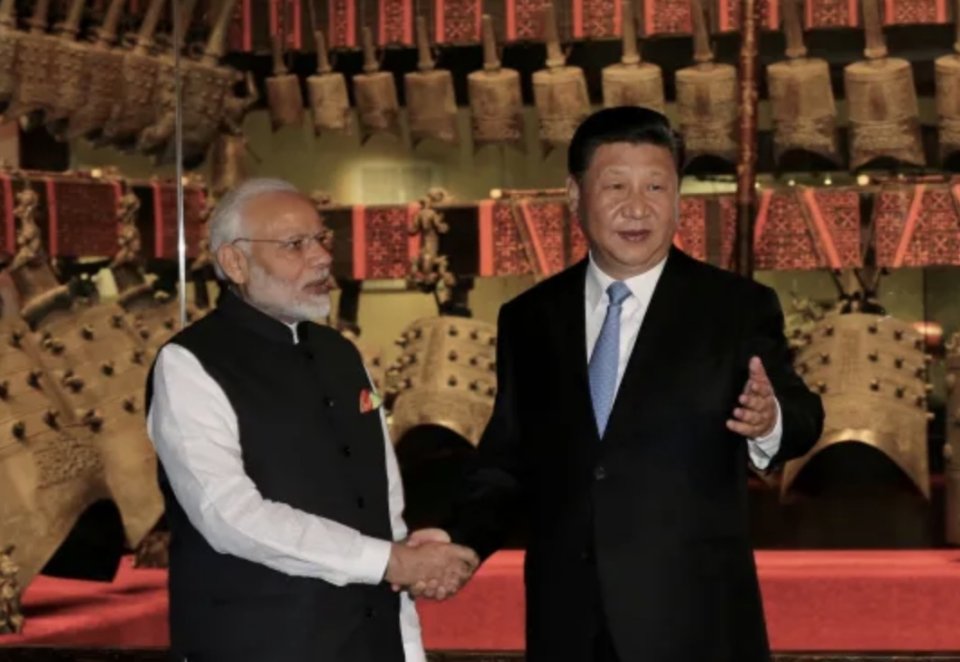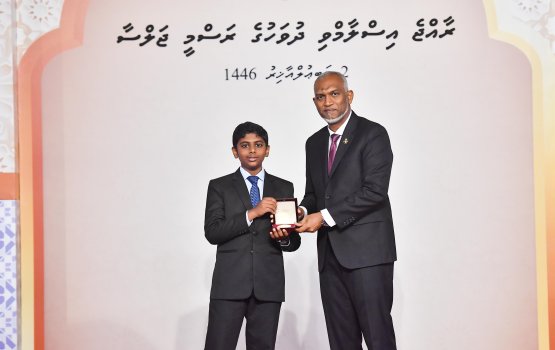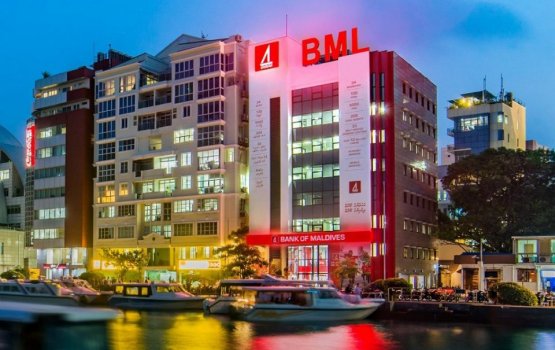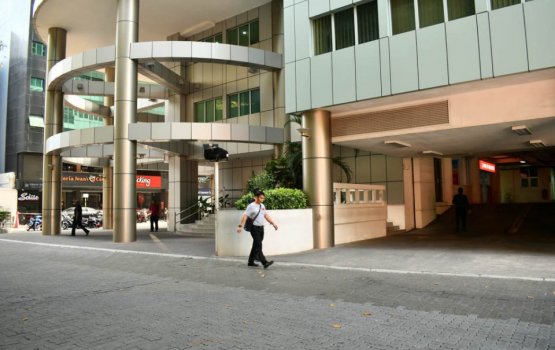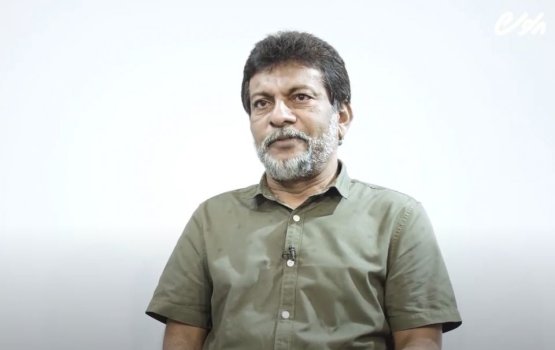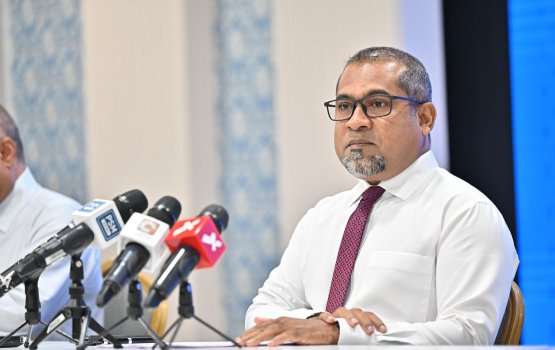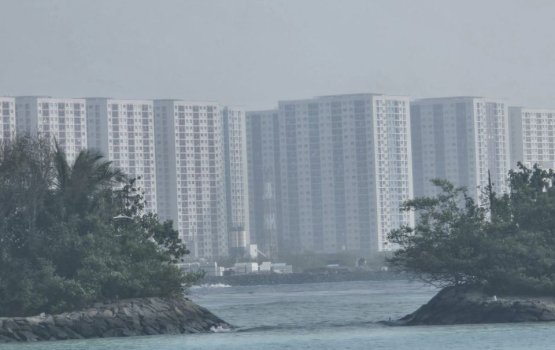Prime Minister Narendra Modi will undertake an important diplomatic visit later this month, beginning with Japan on August 29–30, followed by China from August 31–September 1 to attend the Shanghai Cooperation Organisation (SCO) Leaders’ Summit in Tianjin.
The Ministry of External Affairs confirmed the visits on Friday, noting that they follow Chinese Foreign Minister Wang Yi’s meeting with Prime Minister Modi earlier this week, during which President Xi Jinping’s invitation was formally conveyed.
Japan Visit: Strengthening a Trusted Partnership
At the invitation of Prime Minister Shigeru Ishiba, Modi will participate in the 15th India-Japan Annual Summit. This will be Modi’s eighth visit to Japan and his first summit-level engagement with Prime Minister Ishiba.
“The two leaders will review the Special Strategic and Global Partnership between India and Japan, covering defense and security, trade and economy, technology and innovation, and people-to-people exchanges, while also addressing regional and global issues,” the MEA said.
Japan has been a consistent and valued partner for India, with ties reinforced over the past 25 years and further deepened through platforms like the Quad, G20, and G7 summits.
China Visit: Renewed Engagement through SCO
In the second leg of the tour, Prime Minister Modi will travel to Tianjin to attend the SCO Summit at the invitation of President Xi Jinping. On the sidelines, he is expected to hold bilateral meetings with several leaders.
This will mark Modi’s first visit to China in seven years, the last being for the 2018 Qingdao SCO Summit. India has been a full member of the SCO since 2017 and held its presidency in 2022–23.
Steps Toward Normalization of Ties
The visit comes amid a series of confidence-building measures between India and China, including agreements to strengthen border mechanisms, resume cross-border trade, ease visa processes, and reopen pilgrimage routes such as the Kailash Mansarovar Yatra. Direct flights between the two countries are also set to resume.
Both governments have acknowledged that challenges remain, particularly on border de-escalation, but have expressed readiness to move forward through dialogue.
During his recent visit to New Delhi, Foreign Minister Wang Yi met Modi, External Affairs Minister S. Jaishankar, and National Security Adviser Ajit Doval. Discussions covered border stability, economic ties, and regional cooperation.
China’s Ministry of Foreign Affairs noted that the relationship has “entered a steady development track,” calling for mutual trust and support. Wang described the restoration of stability along the border as being “in the interest of the people of both countries.”
Earlier this year, President Xi Jinping had called for a “Dragon-Elephant tango,” symbolizing the potential for China and India to work together as Asia’s leading powers. Modi and Xi also met briefly in Kazan, Russia, last October, resuming direct leader-level dialogue after years of limited engagement.
Geopolitical Context
Observers note that both sides are seeking to stabilize ties amid shifting global dynamics. Analysts suggest that while Beijing’s outreach may be shaped by strategic considerations, New Delhi is also mindful of the need to reduce tensions as it navigates an evolving regional and global landscape. (Source: IE and AlJazeera)

